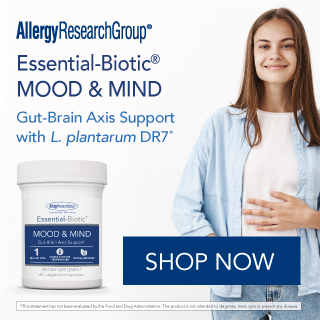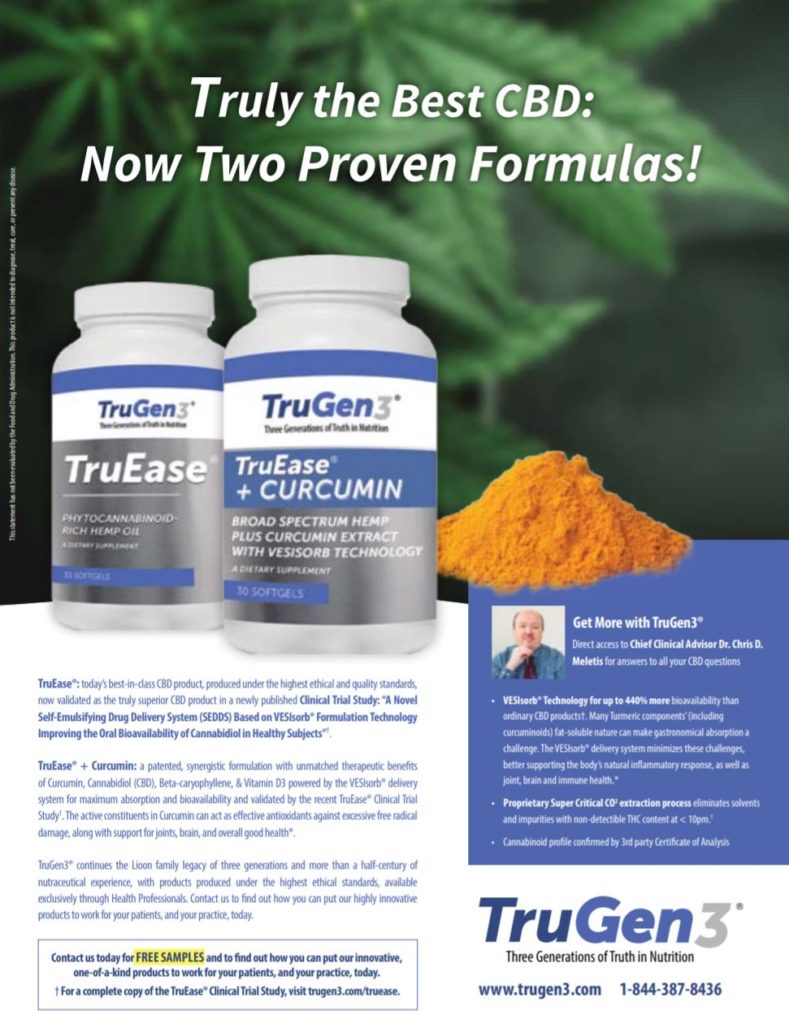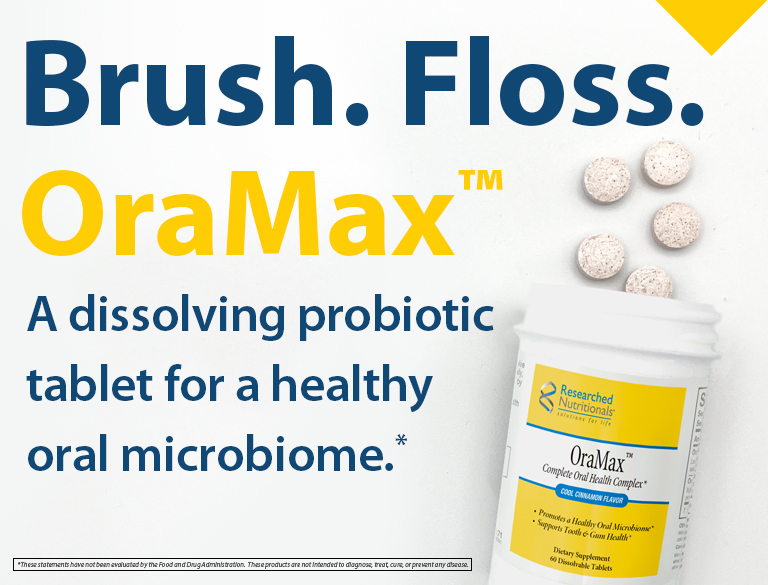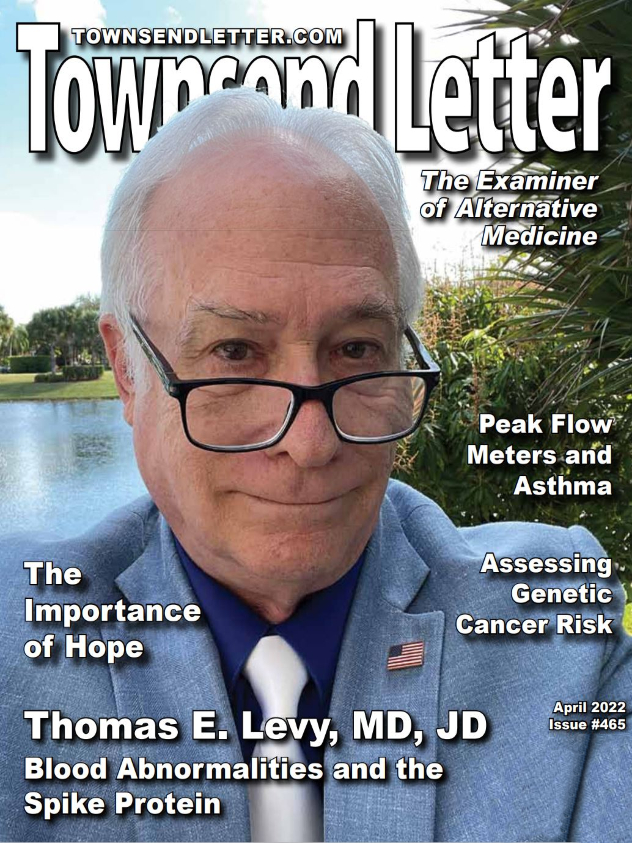by Alan R. Gaby, M.D.

Mainstream medicine and medical academia have historically been biased against natural therapies such as nutritional supplements and herbal remedies. This bias manifests in various ways, such as ignoring evidence of efficacy, exaggerating or overemphasizing adverse effects, misrepresenting the data, and referring to natural medicine in disparaging terms such as, “massive, carelessness, indefensible, useless, indiscriminate, false, unnecessary, deplored, and poor medical practice.”1 I have documented many examples of this bias in the nearly 40 years I have been writing for the Townsend Letter.
When the COVID-19 pandemic came along, I thought that there could be a silver lining to all the sickness and death and fear that was gripping the world; something positive that might arise from it. After all, natural medicine has been pretty successful at treating a wide range of viral illnesses. For example, there have been reports over the years that high-dose intravenous vitamin C can knock out most viruses, and that oral vitamin C or zinc lozenges can shorten the duration of the common cold (which is caused in some cases by coronaviruses). Might these and other natural treatments also be effective against COVID-19?
With the entire world focusing on this disease, and with everyone hoping and praying for a treatment to emerge that would decrease disease severity and save lives, I thought the pandemic presented an ideal opportunity for natural medicine to shine. I really thought that. It would be like when the American music industry was ignoring the Beatles, who had been scoring big hits in England with songs like “Love Me Do” and “Please, Please Me”. When “I Want to Hold Your Hand” was released in England, it was impossible for the American music industry to ignore the Beatles any longer.
Initially there were some encouraging signs. Anecdotal reports were coming from doctors in New York hospitals that intravenous vitamin C enhanced recovery from COVID-19. A double-blind trial from China found that intravenous administration of vitamin C to critically ill COVID-19 patients decreased mortality by about one-third. However, because the sample size was small, this decrease was not statistically significant. Studies from Europe found that treatment with vitamin D or calcifediol (25-hydroxyvitamin D) decreased COVID-19 disease severity and decreased the number of patients who had to be transferred to the intensive care unit. A randomized open-label trial conducted in Florida and Ohio found that oral administration of vitamin C and zinc to outpatients with COVID-19 accelerated recovery. However, again the sample size was too small and the improvement was not statistically significant.
As these encouraging reports were appearing, the government was spending hundreds of billions of dollars dealing with the medical and economic consequences of the pandemic. Star-Trekky phrases like “operation warp speed” were being tossed around to indicate the urgency of the crisis and the spare-no-expense attitude about getting the pandemic under control as fast as possible. One might have thought that the Centers for Disease Control and the National Institutes of Health would have jumped at the chance to warp-speed some well-designed, large scale clinical trials to determine whether safe, inexpensive nutrients like vitamin C, zinc, and vitamin D could decrease mortality and lower hospital costs. And one might have thought that these agencies would seek the counsel of experts in the field of natural medicine, in order to create research designs that would be most likely to demonstrate beneficial effects. But those things did not happen. A few studies were conducted by various research groups, but those studies were typically not large enough to produce definitive results and/or they did not use treatment protocols that would have produced the best results.
Consequently, we are left with an all-too-familiar conclusion regarding natural therapies: that there is reason to believe they may be helpful against COVID-19, but the evidence is not strong enough to be considered definitive or to convince practitioners in mainstream medicine. What a lost opportunity!
In retrospect, I overestimated the probability that a worldwide crisis would force the powers that be to take a more serious look at natural therapies. In retrospect, I understand there was too much inertia to overcome: too many financial conflicts of interest among the pharmaceutical companies and the academicians and politicians who depend on pharmaceutical money; too many years of biased reporting about natural therapies; and too strong a need by the medical establishment to cling to its less-than-optimal methods.
But, perhaps we can be comforted by the knowledge that progress regarding the acceptance of natural medicine has historically been evolutionary (as opposed to revolutionary). Interest in natural medicine has grown gradually over the years, and that growth continues today. If we keep telling the truth, more and more people will hear it, and healthcare will continue to evolve to a better place.
Which brings me back to the Beatles. George Harrison wrote a verse for the song “Hurdy Gurdy Man,” which was written by his friend Donovan. Although Donovan never used George’s verse (it made the song too long for the radio), it is a verse I often think of when progress seems painfully slow.
When truth gets buried deep
Beneath a thousand years of sleep
Time demands a turn-around
And once again the truth is found.
[1]. Goodwin JS, Tangum MR. Battling quackery: attitudes about micronutrient supplements in American academic medicine. Arch Intern Med. 1998;158:2187-2191.








